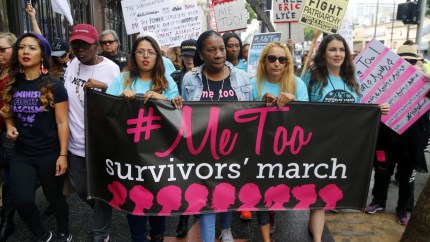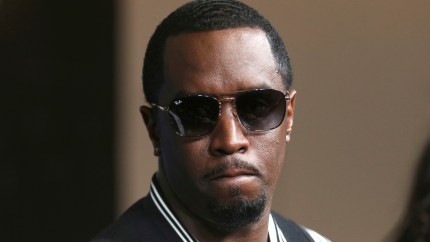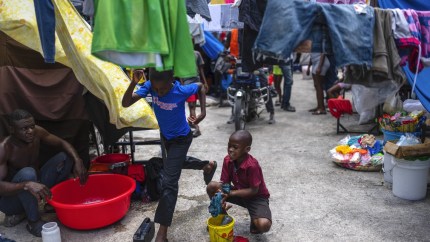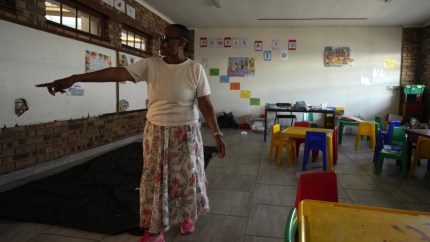Democrats in Congress want to send aid to Haiti, but Republicans won’t budge
"Delay in providing this funding enables the gangs to continue to terrorize and destabilize the country,” said U.S. Rep. Yvette Clarke, D-N.Y.

Democratic members of Congress are urging Republicans to release millions of dollars to send aid to curb the crisis plaguing Haiti.
U.S. Rep. Yvette Clarke, D-N.Y., told theGrio that the only way the U.S. will bring stability to Haiti is by “providing resources that they need [at] this moment.”
“Delay in providing this funding enables the gangs to continue to terrorize and destabilize the country,” said Clarke, who is co-chair of the House Haiti Caucus.
In a statement obtained by theGrio, U.S. Rep. Steven Horsford, D-Nev., said the funding is “critical to protecting the Haitian people from violent crime.”
The Congressional Black Caucus chairman believes the funding will help create “an environment for Haitian self-determination.”
Last week, House Minority Leader, U.S. Rep. Hakeem Jeffries, D-N.Y., sent a letter to House Speaker, Rep. Mike Johnson, R-La., stating that House Republicans’ refusal to deliver monetary resources “is not in America’s national security interests.”
In October 2023, the Biden-Harris administration pledged to give $300 million toward the Multinational Security Support Mission, an effort led by Kenya to bring stability to Haiti. Following that announcement, the State Department requested $50 million from Congress, which then released $10 million.
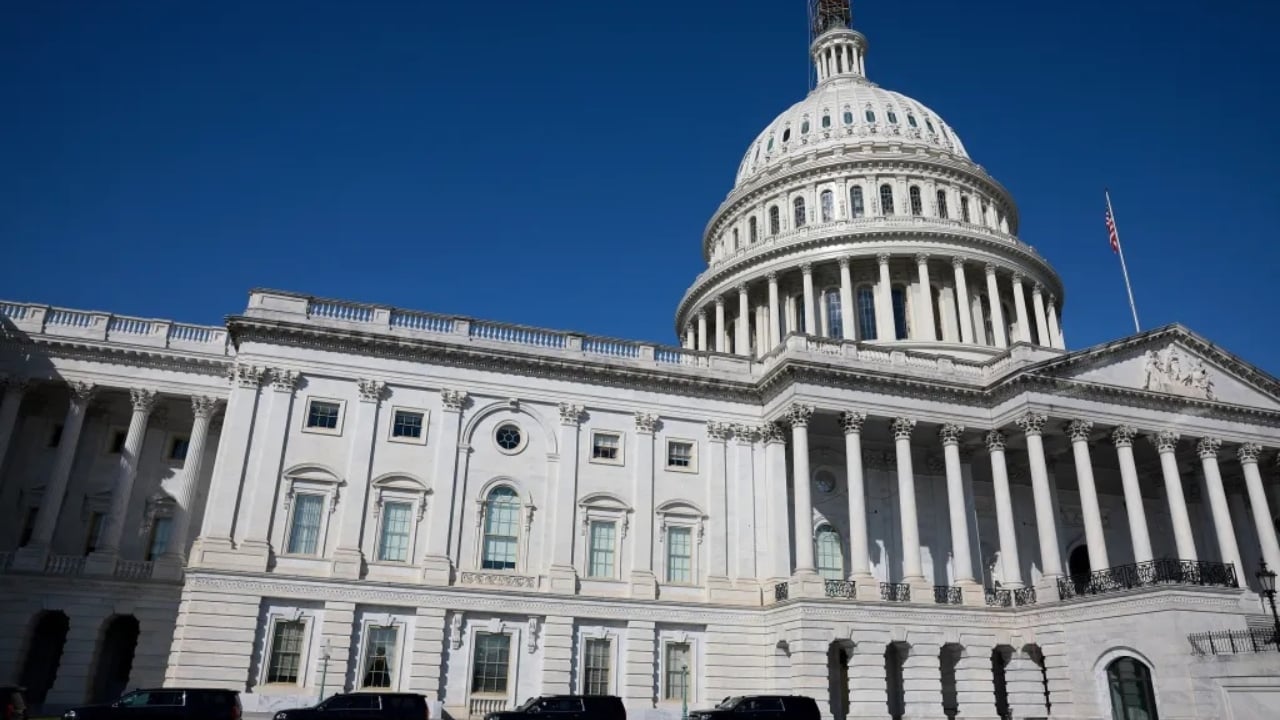
The State Department is now demanding the remaining funds. However, House Foreign Affairs Committee Chair Rep. Michael McCaul, R-Texas, and Senate Foreign Relations Committee ranking member Rep. Jim Risch, R-Idaho, are blocking the aid.
Clarke told theGrio that although she has not spoken with her Republican colleagues about their refusal to release the monetary aid, she said the sentiment is that they do not want to invest monetary aid money to improve a “bad” situation.
“Right now, we’re talking about a humanitarian crisis of epic proportions,” said Clarke.
“My hope is that we can get this funding … [and] bring some level of civility back to the nation so that all of the other issues that are impacting the people of Haiti can be addressed,” she continued.
Nathalye Cotrino, a researcher with the Crisis and Conflict division of the Human Rights Watch, told theGrio that allocating $50 million to Haiti is a start, but it “isn’t enough.”
“Currently, Haiti needs urgent support in two ways: security and humanitarian aid,” she explained.
Given the dire situation in the Caribbean nation, Cotrino said Haiti needs funding to restore the functioning of key infrastructure to the nation’s “airport, police stations, courts, national roads, schools and hospitals.”
The call for aid comes as an uptick in violence has swept the nation while armed groups have called for Haiti’s Prime Minister Ariel Henry to step down. Henry came into power following the assassination of President Jovenel Moïse in 2021. Since then, he has postponed presidential elections, and gang members seeking political power have grown frustrated.
Recommended Stories
As a result, in recent months, armed gang members have taken over most of the country and have contributed to numerous deaths and kidnappings. Gangs have also destabilized life for Haitian citizens by targeting the nation’s airports and police stations. They also cut off access to the country’s largest port, resulting in food insecurity.
Earlier this month, gangs raided the nation’s main prisons, leading to the escape of more than 4,000 prisoners.
After repeated calls for Henry’s resignation, he announced last week that he would step down once a new government is in place. According to U.S. officials, a transitional government consisting of a political council of nine members is set to take control of the country in the coming days.
Cotrino of the Human Rights Watch told theGrio that it is important that the U.S. and surrounding countries “double efforts to ensure the new government does not repeat the mistakes of the past” to quell the current crisis.
She added that candidates should be vetted to ensure they do not have “records or credible allegations of corruption, human rights violations or supporting/financing criminal groups.”
If Haiti does not receive the help it needs from the U.S. and surrounding countries, the U.S. could soon see an uptick in Haitians migrating to the U.S.
“I can’t envision people staying in Haiti under the current circumstances,” said Rep. Clarke. “There’s no doubt in my mind that we have to be prepared.”
Never miss a beat: Get our daily stories straight to your inbox with theGrio’s newsletter.


